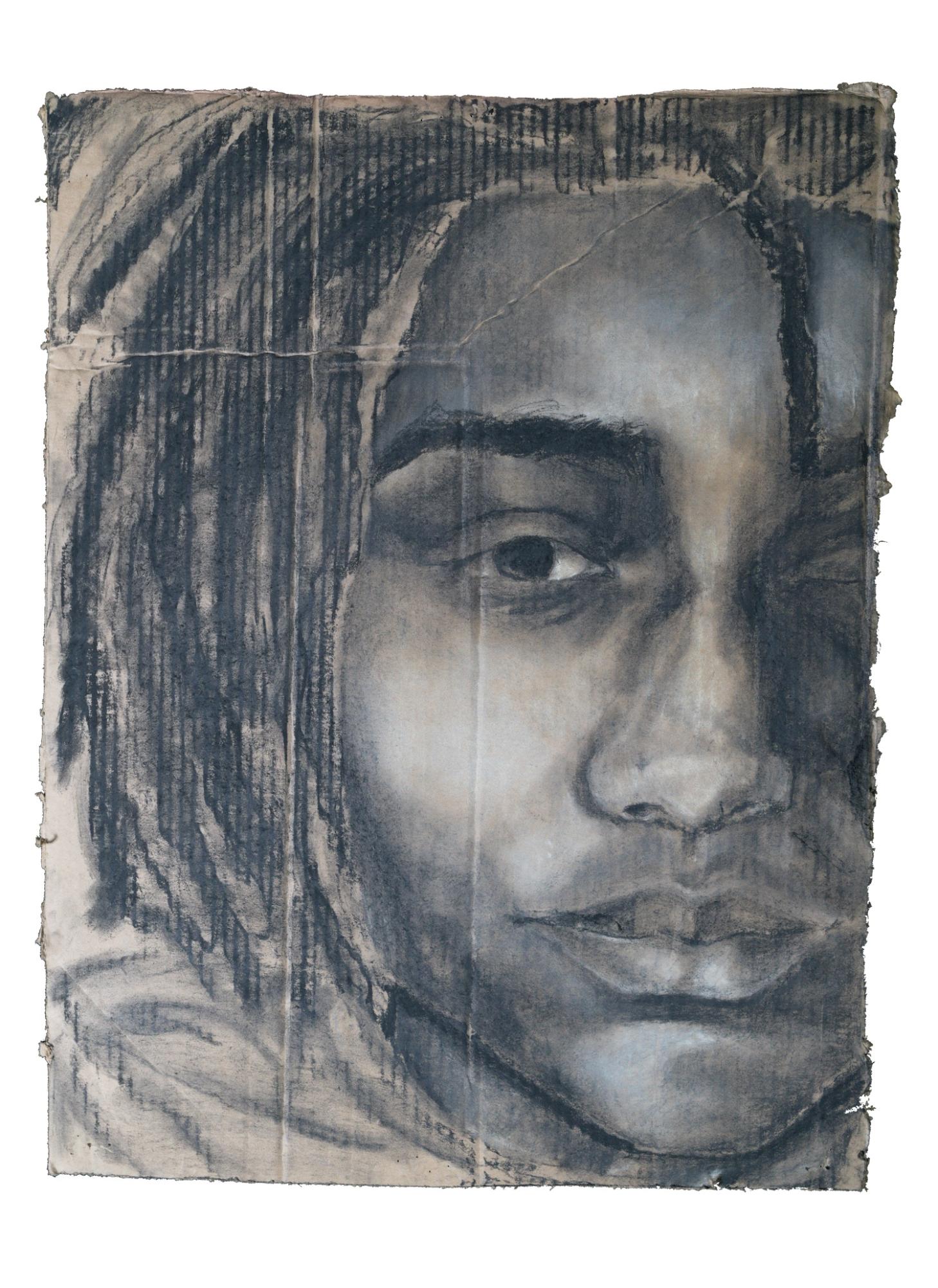Every February, in recognition of Black History Month, inspiring quotes by African American athletes and historical figures adorn campus walls; videos of Dr. Martin Luther King, Jr.’s “I Have a Dream” speech are played in classrooms; and Black poets are studied in English.
But at BOHS, outside of February, the study of African American history hardly exists.
In one of the campus’s most intensive history classes, Advanced Placement (AP) U.S. History, for instance, the entirety of the multi-decade civil rights movement is “covered” in less than a day and occupies just nine pages in the 900-page AP U.S. History textbook. Malcolm X, one of the most important voices in American history, gets three short paragraphs. And across all of BOHS’s history courses — from AP Human Geography in the ninth grade to government in twelfth — there are no units exclusive to the history of African Americans.
In short, reserving the acknowledgment of Black history to a single month of the year is a disservice to our students and to this essential subject matter.
There is a solution to this curriculum blindspot, however: BOHS should add Advanced Placement African Studies to its course offerings.
In 2022, College Board introduced AP African American Studies, a year-long course that includes units entitled “Origins of the African Diaspora (~900 BCE–16th century),” “Freedom, Enslavement, and Resistance (16th century–1865),” “The Practice of Freedom (1865–1940s),” and “Movements and Debates (1940s–2000s).” This array of topics — spanning from the ninth century B.C. to present day — is a much-needed opportunity for BOHS students to be introduced to a comprehensive study of Black history, study that brings Black history out of the shadows of other topics (like colonialism, the Great Depression, and the world wars) and into the foreground.
Nearly 700 high schools piloted the course in the 2022-2023 school year, and it will be officially available for all schools to implement in 2024-25.
Inclusion is a core value of our district and we pride ourselves on “celebrating the unique qualities of our diverse community.” Adding AP African American Studies to BOHS’s course offerings would make these words mean more than just servicing a mission statement.
Although African American/Black students make up 1.7% of the student body at BOHS, they make up 14.4% of the U.S. population. So studying African American history and culture on an ongoing basis allows students of all races to gain a deeper understanding of the complexities of race, identity, and social justice in the United States.
Ultimately, don’t we have an obligation to study the history of 47.9 million Americans?
Also, because 70.8% of students on campus are non-white, including more diverse course electives would ensure greater representation across our academic offerings. This diversity is essential in encouraging students to develop empathy and cultural sensitivity is necessary in creating an inclusive and equitable school community.
BOHS and district leadership have already demonstrated a commitment to offering a variety of course selections to its students with recent additions like Journalism: News Media, AP Human Geography, AP Art History, and AP Seminar. Next year, a new law elective will be offered. Given the success of these courses and their ongoing support by administrators and teachers, adding another new class — one that would provide students such a worthwhile and enriching experience — would be a welcome, and necessary, addition.
With the addition of AP African American Studies, we have the opportunity to be trailblazers: BOHS would be the first school in Orange County to offer the course, setting an example for others to follow.
And with research proving that cultural competence is an essential skill in the 21st century, especially within the world of professional performance, BOHS would not only expand course diversity, but also equip its students with the skills necessary for future success.
Every student at BOHS, regardless of their background, should have the opportunity to learn and grow in an environment that values all histories, cultures, and voices. By expanding our curriculum to reflect the diverse experiences and contributions of all individuals, we cultivate a community that values empathy and solidarity, empowering our students to become compassionate and informed leaders in an increasingly diverse world.


